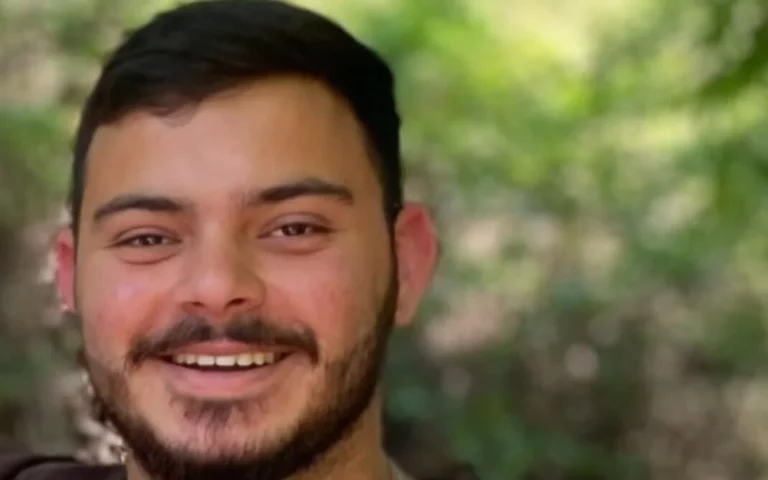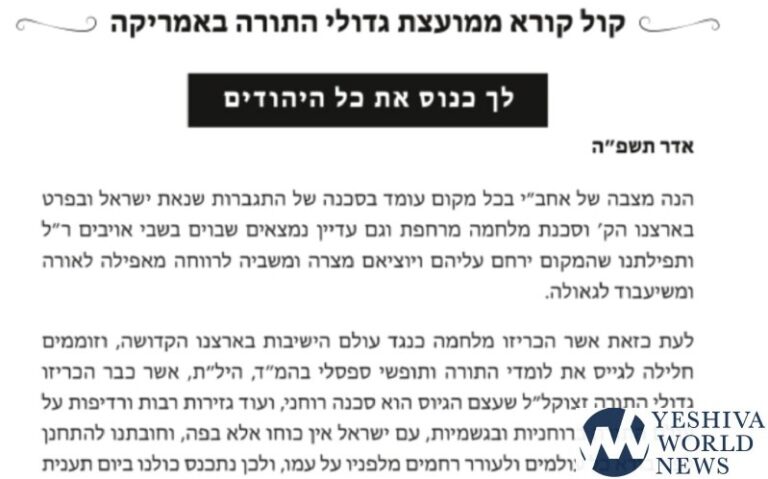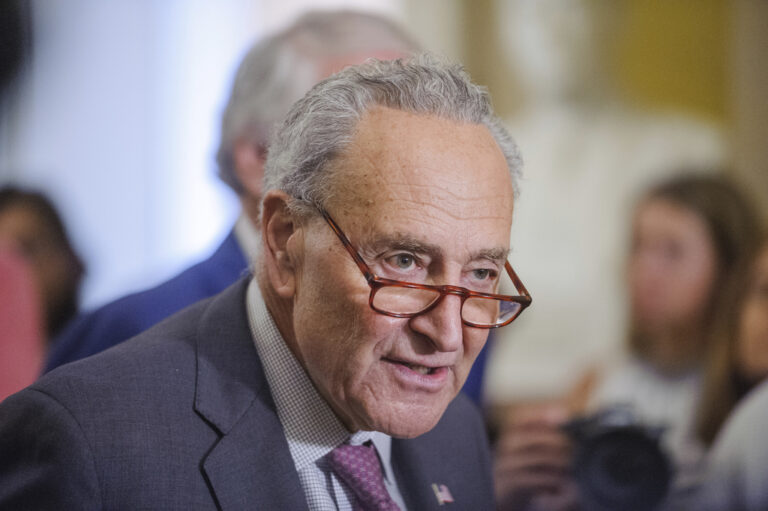Agudath Israel of America has filed an amicus curiae (friend of the court) brief in the U.S. Supreme Court in one of the Court’s most closely watched religious liberty cases in recent years.
The case, Masterpiece Cakeshop v. Colorado Civil Rights Commission, involves the rights of a Christian baker who was punished by the State of Colorado for refusing on religious grounds to bake and design a wedding cake for the “marriage” of two men.
Agudath Israel’s brief, authored by Washington-based attorney Jeffrey Zuckerman, points out that Orthodox Jews have a direct stake in the outcome of the case. A religiously observant Jew, who is halachically prohibited from aiding and abetting another’s sinful practices, would likely refuse to provide catering service, or other services, to a halachically forbidden marriage.
Yet, argues the Agudath Israel brief, if Colorado’s position – that general anti-discrimination laws trump an individual’s constitutional right to free exercise of religion – is upheld, not only would such religiously observant service providers be in jeopardy if they refuse to service the “marriage,” the state could even penalize an Orthodox rabbi who refuses to preside over the “wedding.”
Agudath Israel’s brief takes note of numerous recent instances in other liberal democracies across the globe where the rights of Orthodox Jews to live their lives in accordance with their religious beliefs and values have come under severe attack – for example, the banning of shechita in a number of countries around the world; the recent case of a chasidic girls elementary school in the United Kingdom that was threatened with closure for failing to teach tolerance for religiously prohibited lifestyles; efforts in Western Europe to ban circumcision of infant children.
“None of these jurisdictions has a Free Exercise Clause.” But the United States does, the brief continues, and “this makes all the difference in the world.”
Or at least it should.
In recent years, however, the constitutional protection for free exercise of religion has been diluted by a number of court rulings that have severely limited its scope. Indeed, says the brief, if Colorado is allowed “to punish a religious believer because he adhered to his core religious beliefs by refusing to do something that was anathema to him,” then “the foreign bans and proposed bans on ritual circumcision and shechita indicate where we might be going” here in the United States.
Allowing for such further erosion in free exercise protection, the Agudath Israel brief cautioned, would be a betrayal of the core value of religious liberty that stands as one of the bedrock principles upon which America was founded.
Agudath Israel also participated in a broader Orthodox Jewish amicus curiae brief, authored by legendary attorney Nathan Lewin on behalf of the National Jewish Commission on Law and Public Affairs (COLPA) and joined in by a number of Orthodox organizations.
“The importance of this case cannot be overstated,” said Rabbi Chaim Dovid Zwiebel, Agudath Israel’s executive vice president. “We have presented the Supreme Court with some food for thought about the high stakes involved. Now it is up to the Justices to determine the future of free exercise protection – and the future of the United States as a haven for religious liberty.”
(YWN World Headquarters – NYC)











